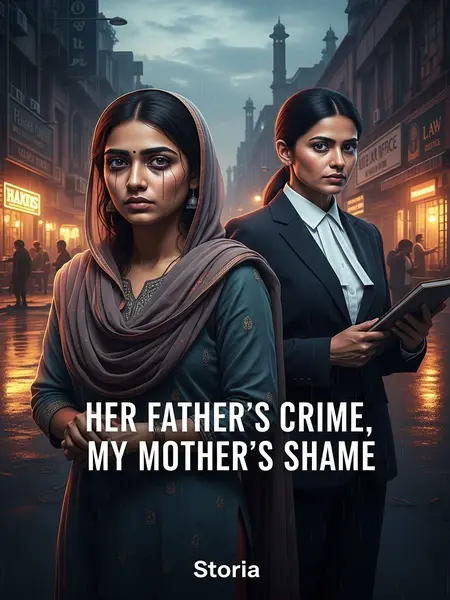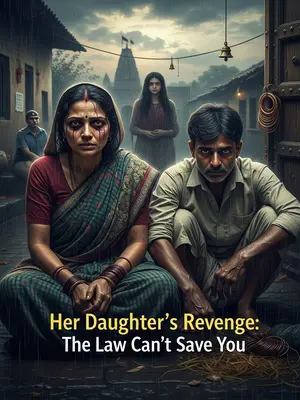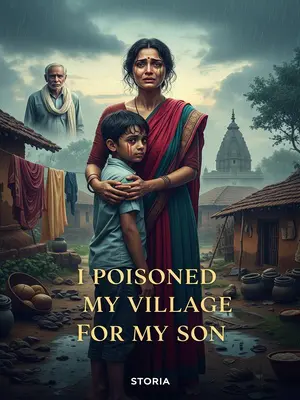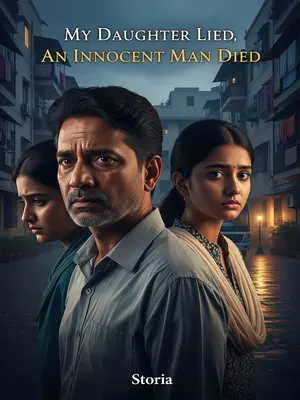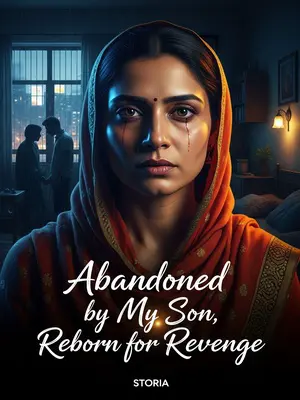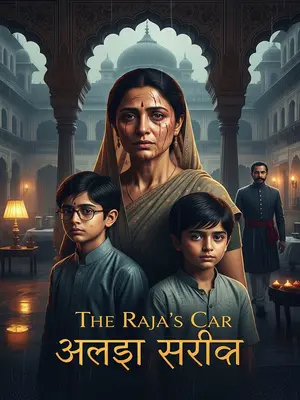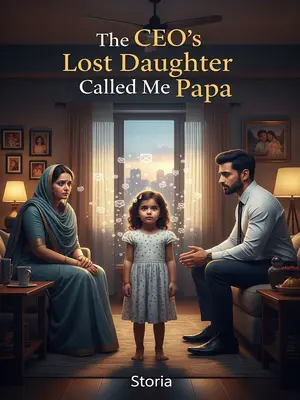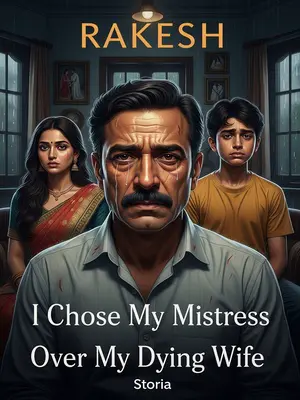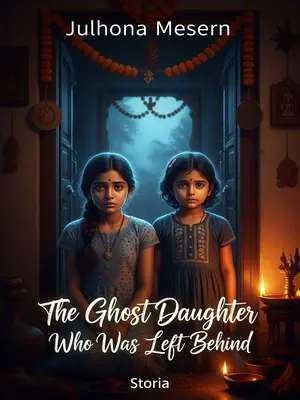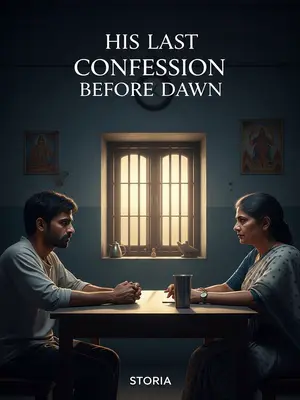Chapter 4: Shame, Death, and the End of Innocence
That day, my mother was at home making her specialty—onion omelette. She immediately noticed my father’s injuries: a large black shoe print on his chest, dejectedly holding my tear-streaked self.
The smell of frying onions filled the air, but Amma’s eyes went straight to the bruises on Baba’s chest. Without a word, she limped over, her face hardening as she took in the scene.
After learning what had happened, my mother was furious. While my father was bathing, she limped straight to the cracker factory, stood at the entrance of the main workshop, and demanded to know who had beaten her husband.
Neighbours tried to hold her back, but she shrugged them off, her chin high, voice quivering with rage. "Kaun hai yeh log? Kisi ki biwi-bacche nahin hai kya?" she shouted. Her courage surprised even the factory watchman, who stared open-mouthed as she stood in the centre of the workshop, demanding justice for her husband.
Her voice trembled and lacked force, but she stubbornly refused to leave.
For a few minutes, work came to a standstill. The younger workers looked away, shuffling their feet. Even the foreman, known for his sharp tongue, stayed silent.
In the end, they didn’t find those responsible, but the factory owner came out and offered compensation.
Mr. Sharma, the owner, emerged from his office, gold chain glinting against his kurta. He listened to Amma quietly, then offered a few hundred rupees as a token gesture—"Just some medical expenses, behenji." The sum was meagre, but the message was clear: move on, forget, and let things lie.
My mother was a housewife who rarely left home, so mustering the courage to go to the factory and confront them was a brave act.
All her life, she had been taught to stay quiet, to bear her troubles without complaint. But that day, she stood tall, her injured leg quivering but unyielding—a rare spark of defiance in a world that expected women to be silent.
After all, the factory owner was a powerful figure in the district.
People gossiped about his connections—how he could make a phone call and shut down a police inquiry, how he donated to the local mandir and the MLA’s campaign both.
My mother was brave that once, but regretted it afterward.
When we returned home, Amma’s anger turned to regret. She muttered under her breath about having made things worse, and that Baba would now face more trouble at work. But the damage was done—courage, once spent, is hard to reclaim.
But people can’t always be rational. Only after everything has passed and you look back do you realise that many impulsive choices at key moments all add up to a predetermined fate.
Sometimes, I think, even the tiniest rebellion can shift the course of a whole life. Amma would sit by the window at night, staring at the streetlights, lost in thoughts she never shared.
